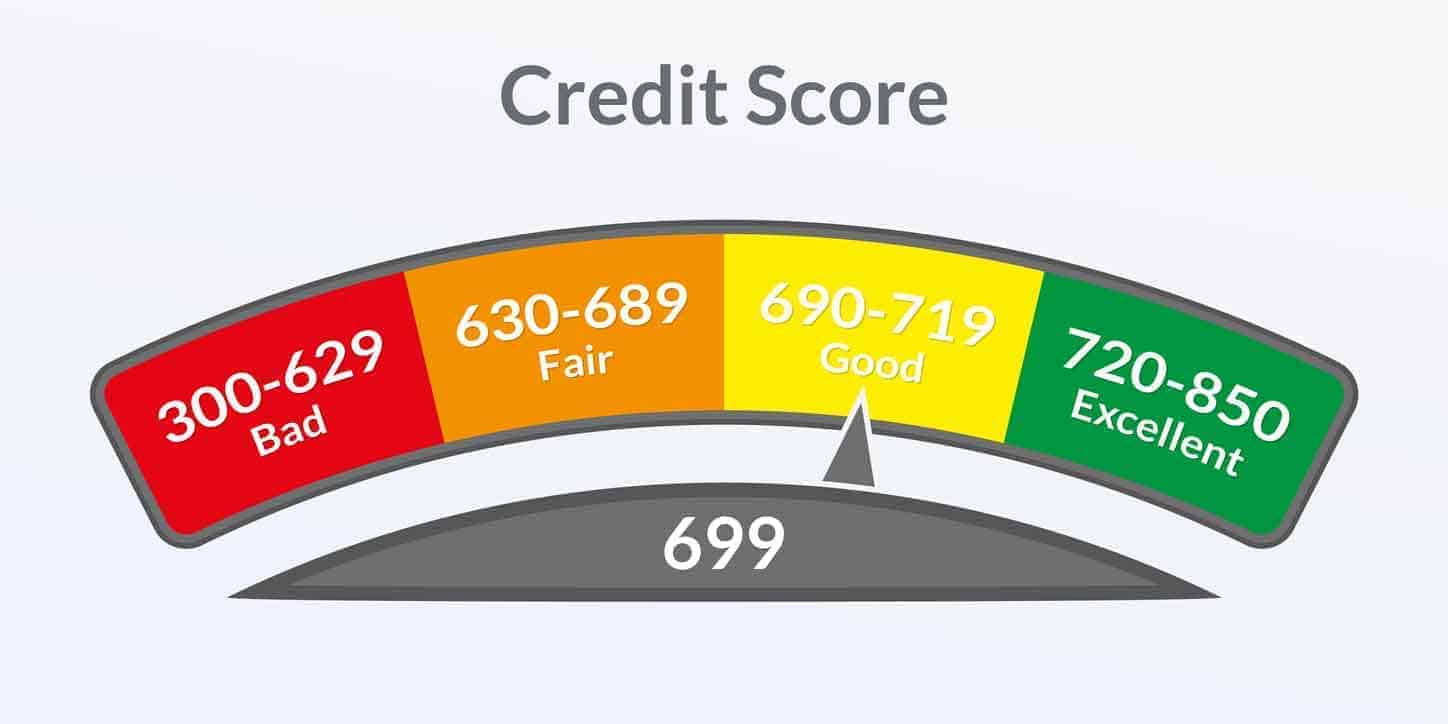Have you recently been hit with a reduction in your credit limit? If you are like others who have had this unpleasant, stressful experience, you may have been shocked to receive such news. You understandably have many questions that require an immediate answer. Why has this happened? How does it affect my finances? What can I do about it?
You may be aware that your credit card providers have the ability to increase your credit limit at their discretion. You may have been pleasantly surprised to learn that you have access to a higher credit limit at least a few times over the years. However, many consumers are unaware that the fine print in their account terms enables providers to decrease their credit limit just as fast and as easily as they can increase it.
The sudden decrease in your available credit can dramatically impact your financial management efforts, but the effects may be more far-reaching than that. Rather than reacting hastily, take a moment to educate yourself more about what this means for your life going forward and what you can do about it.
Why Your Credit Limit Decreased

There are two primary reasons why your credit limit has been reduced. Understanding the reason behind this decision may guide you through your next steps.
Consumers may initiate the reduction themselves by formally requesting a decrease in their credit limit. For example, you may have been struggling with high debt balances and may be enticed to make more charges because of a high available credit line. A smart way to eliminate the temptation is to reduce your credit limit. On the other hand, your credit card provider may have made this decision and notified you about it after the fact. Providers periodically review your financial profile, such as your credit scores, credit history and income to reassess their risk. This review may trigger a credit limit reduction.
How Providers Determine Your Credit Limit
Per the terms of your account agreement, your credit limit can be adjusted at the provider’s discretion. Your provider determines your available credit limit based on a detailed analysis of several factors.
One of these factors is your income level. Your provider periodically inquires about your current income level, and your response to this type of inquiry could spur a decrease in your credit limit. Another reason for a decreased credit limit is the company’s perceived risk associated with lending money to you. Your provider needs reasonable confidence that you have the ability to repay any funds borrowed against your credit line. When any changes to your financial profile indicate that their risk is no longer within a tolerable level, your credit limit is reduced. In some cases, the amount of reduction can be significant.
Factors That Affect Your Creditor’s Perception of Risk
Why has your provider suddenly had a change of heart about your creditworthiness? Your provider may have identified one or several risk factors.
For example, the provider may determine that its risk associated with your credit line has increased when your account balance frequently exceeds your credit limit. This could indicate that you are struggling with your finances and are carrying more debt than you can manage. You may have made a series of late payments recently that indicates possibly higher risk, such as an inability to afford the minimum monthly payment amount. In addition, your credit rating may have plummeted recently because of other financial activity. Even if you have been responsible with the account in question, other concerning financial activity may increase perceived risk to your provider.
The Impact of a Reduced Credit Limit
After learning that your credit limit decreased, you may ask how this will impact your finances. Unfortunately, the impact can be far-reaching.
Your current balance may now be well above your new credit limit, which means that you may be faced with the need to immediately pay the balance down below your new credit limit. More than that, you may be charged a fee for exceeding your credit limit each month until the balance is reduced. Another effect is a rapid reduction in your credit score. This can impact your ability to qualify for new financing. Lower credit scores may also cause other creditors to adjust your credit limit, which can have a devastating domino effect. Credit scores also play a role in your ability to get a good job, in insurance rates, in your ability to qualify for a new housing lease and more.
What to Do When Your Balance Exceeds Your New Limit
If you are like many other consumers who have faced this situation, you only learned about your new credit limit when you received your bill and saw a huge balance due. Your primary initial concern is to find an effective way to pay your outstanding balance below your new available credit limit.
Some consumers are fortunate enough to have cash on hand to pay their account balance down to a reasonable threshold, but many do not have this luxury. Applying for a personal loan is a convenient option to consider when you need access to more cash. This essentially enables you to refinance the sum in question into a loan with affordable monthly payments. Another option is to transfer the sum to another existing account that has sufficient available credit. In some cases, you may need to request a credit limit increase from another provider.
What You Need to Know About Credit Utilization
Credit utilization initially sounds like a complicated term, but it simply describes your current debt balances in relation to your available credit. Understanding credit utilization will help you to take control of your credit rating.
Credit reporting agencies, such as Experian, Equifax, and TransUnion, do not publish their algorithms for determining credit scores. However, a general rule of thumb is to maintain a credit utilization rate below 20 to 25 percent. This means that if you have $10,000 in combined available credit on revolving accounts, you should aim to carry less than $2,500 in revolving credit debt at any given time. The greater that you are over this approximate range, the lower your credit rating may be. As you can see, a sudden decrease in your credit limit has a direct and significant impact on your credit utilization rate. Therefore, the impact on your credit score can be severe.
How to Handle a Credit Score Dip

By making regular payments and gradually reducing your outstanding balance, you may notice your lower credit score gradually improve. However, you can also take a few steps to benefit from a rejuvenated credit score more quickly.
Because your credit utilization rate likely is responsible for at least a fair portion of your credit score dip, finding a way to improve this rate can yield positive results. If possible, pay down outstanding debt balances with cash. Otherwise, consider increasing your available credit to quickly adjust the credit utilization ratio. You could ask another creditor for a credit line increase. You may also take out a personal loan or a line of credit by applying with a private lender.
How to Establish an Emergency Fund
If you have been using your credit card as your emergency fund, you may now be faced with having no way to cover unexpected expenses. This is a critical situation that requires prompt action.
Fewer than 40 percent of Americans have $1,000 or more available in an emergency fund, and 19 percent of Americans plan to pay for unexpected expenses with credit. Now that your credit limit has decreased, it may be time to increase your savings account balance. Make regular contributions to your savings account, and watch the balance increase slowly over time. To cover unexpected expenses in the meantime, consider applying for a personal loan. It makes sense to take out a loan now so that you have funds immediately available to pay for unexpected expenses when a situation develops.
What You Need to Do Today
While each person’s financial situation is unique, one thing is certain. A credit limit decrease generally requires you to take immediate action, and these thoughtful steps can guide you:
- Contact your creditor to determine why your credit limit has been reduced.
- Create a financial plan to pay off any portion of your outstanding balance that now exceeds your new credit limit.
- Calculate your credit utilization ratio, and determine what steps you can take now to adjust the ratio to a reasonable and healthy level.
- Analyze your current emergency fund strategy, and make adjustments as necessary so that you are financially prepared to pay for unexpected expenses.
- Monitor your credit score over the course of the next few months, and take steps to improve your score as necessary.
- Credit a debt reduction plan so that the impact of another reduction in your credit limit is less likely and less severe.
Have you recently been hit with a reduced credit limit? A credit limit reduction has numerous and serious impacts on your life. You need to understand what these effects are, and you need to take immediate action today to address those effects head-on. Do you have advice for others who are dealing with this stressful situation today?


